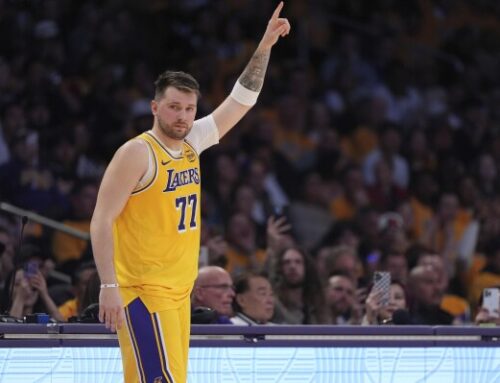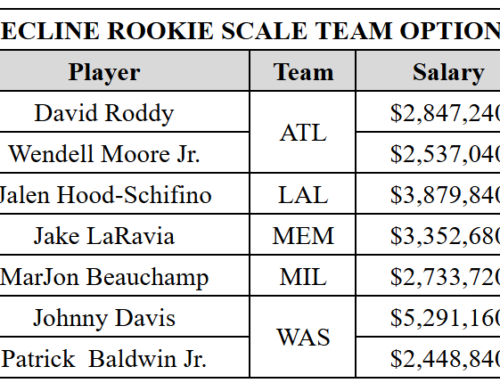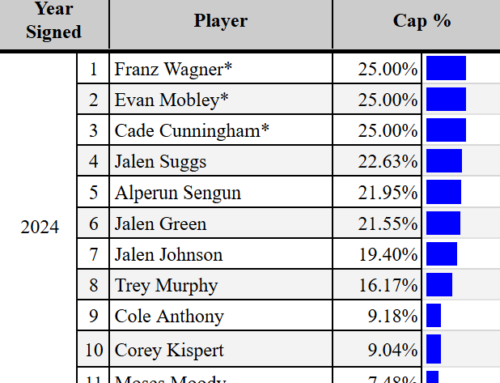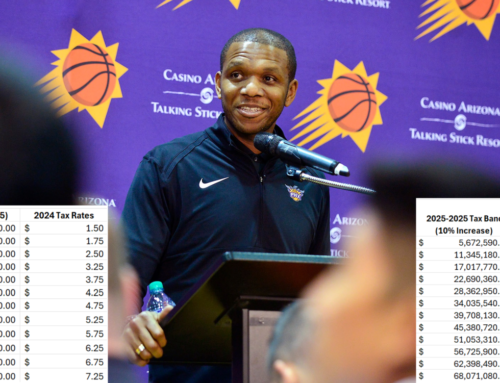How did the April 1957 NBA All-Star Game Become a Pivotal Moment?
By: Ken DeStefano
The NBA has reaped the benefits of one of the most collaborative management-labor relationships in history. This April marks the 56th anniversary of one of the most momentous off-the-court moments in league history. The 1964 NBA All-Star Game – or, rather, the circumstances surrounding it – changed the league forever.
In April 1957, the National Basketball Players Association (“NBPA”) had not been formally recognized by the league. Its status paralleled that of other major sports unions – the Major League Players Association still had not successfully negotiated a collective bargaining agreement, and the National Football League Players Association did not earn recognition until 1968
How did the April 1957 NBA All-Star Game become the pivotal moment? Previously, NBA legend Bob Cousy of the Boston Celtics had written to an established player on each of the league’s teams. All responded positively, except the player from the Fort Wayne Pistons. The owner of the Fort Wayne Pistons was Fred Zollner, who owned a machine works plant and was a staunch opponent of unionization. In 1955, Cousy went to Maurice Podoloff, President of the NBA, with a list of concerns. Podoloff conceded on some issues, but the NBA Board of Governors avoided formal recognition until 1957.
By 1964, the NBPA had firmly established itself as the labor organization representing the players. Contractual gains, however, were few and far between. One of the most frustrating deficiencies of the collective bargaining agreement was a lack of pension agreement. Against this backdrop, the NBA All-Star Game was scheduled to be played at the Boston Garden – whose home team was in the middle of its historic run of championships. Fans of the Celtics were known to be insanely supportive of their team. The Garden was filled to capacity, and, for the first time ever, television cameras were set up, ready to give the league – and players – national exposure.
Players from both the West and East teams, representing the best the league could produce, huddled in the Eastern All-Stars’ locker room. Players debated the simplest of questions: should we play the game? Hours ticked by. The start of the game got closer and closer, and no decision could be made. Legend has it that Bob Short, the owner of the Lakers, tried to barge into the locker room but had to settle for barking orders to the cop (no doubt a fan of Bob Cousy and Bill Russell) posted outside the door. According to Celtic Legend Tommy Heinsohn: “He tells this old Irish police guy, ‘I’m Bob Short, the owner of the Lakers. You go tell Elgin Baylor that if he doesn’t get his ass out here fast, I’m done with him!” This attempt at intimidation had the opposite effect – it galvanized the players. They were now unanimous – the game would not be played.
Desperate to save the league, NBA Commissioner J. Walter Kenny tried one last plea to the players: If they played the game, he promised that the league would address their concerns: a pension plan would be adopted, and the NBPA would be given a real voice and a solidified seat at the bargaining table. Still, the players were unsure what to do. Reasonable people with differing opinions could not agree. Then the legendary Wilt Chamberlain stood up and unfurled his 7 foot 1 inch frame, and (reportedly) said, “That man gave us his word. We should play the game.”
The players voted 18-2 to play the game. The Commissioner made good on his promise, and the Eastern Conference players enjoyed two victories…a 111-107 win over the West, and a stronger union.
